City Development & Studies
The development of the City of Battlefield involves a multi-step process, taking into account various aspects of urban planning like housing analysis, future land use, regional growth and economic trends, potential corridors, and zoning regulations.
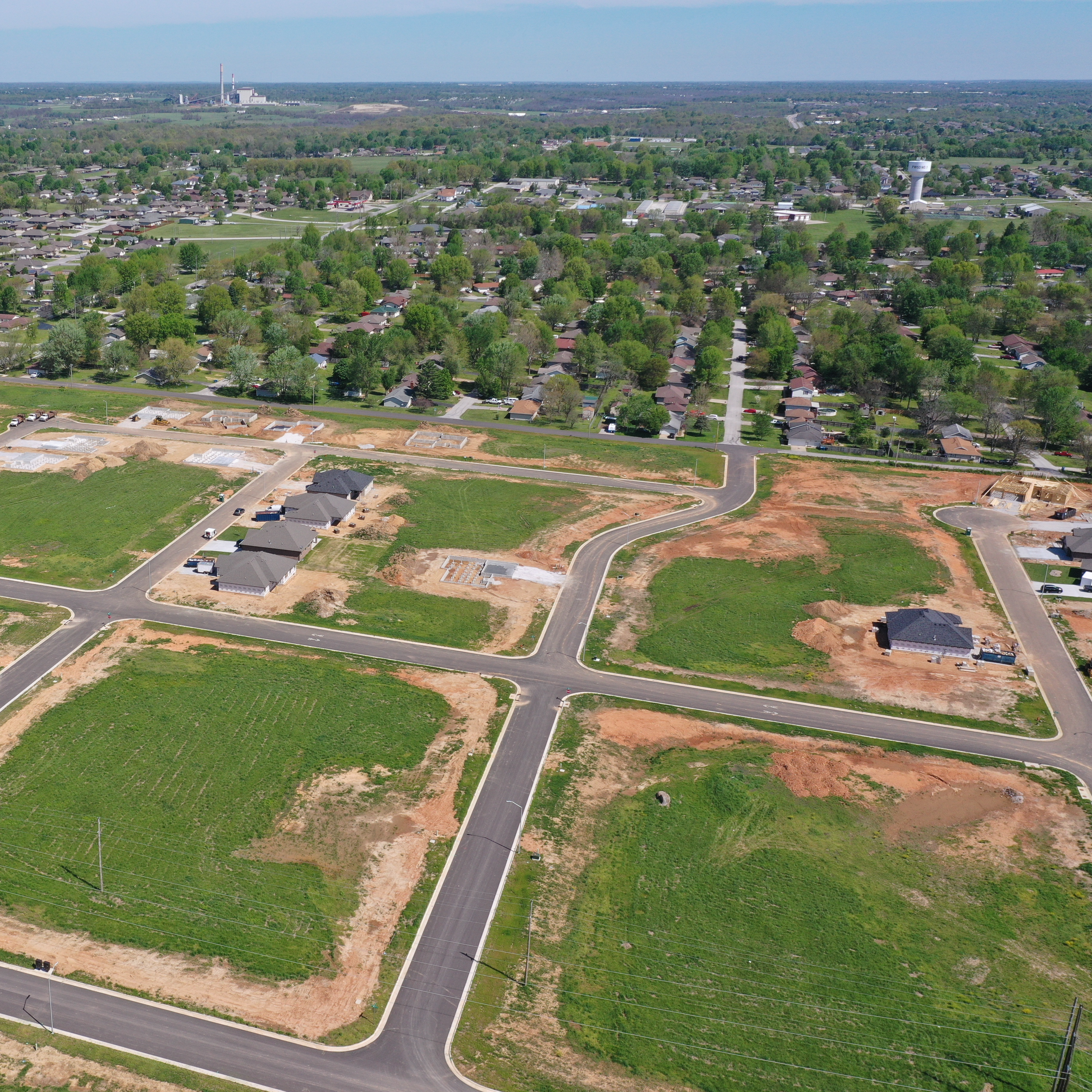
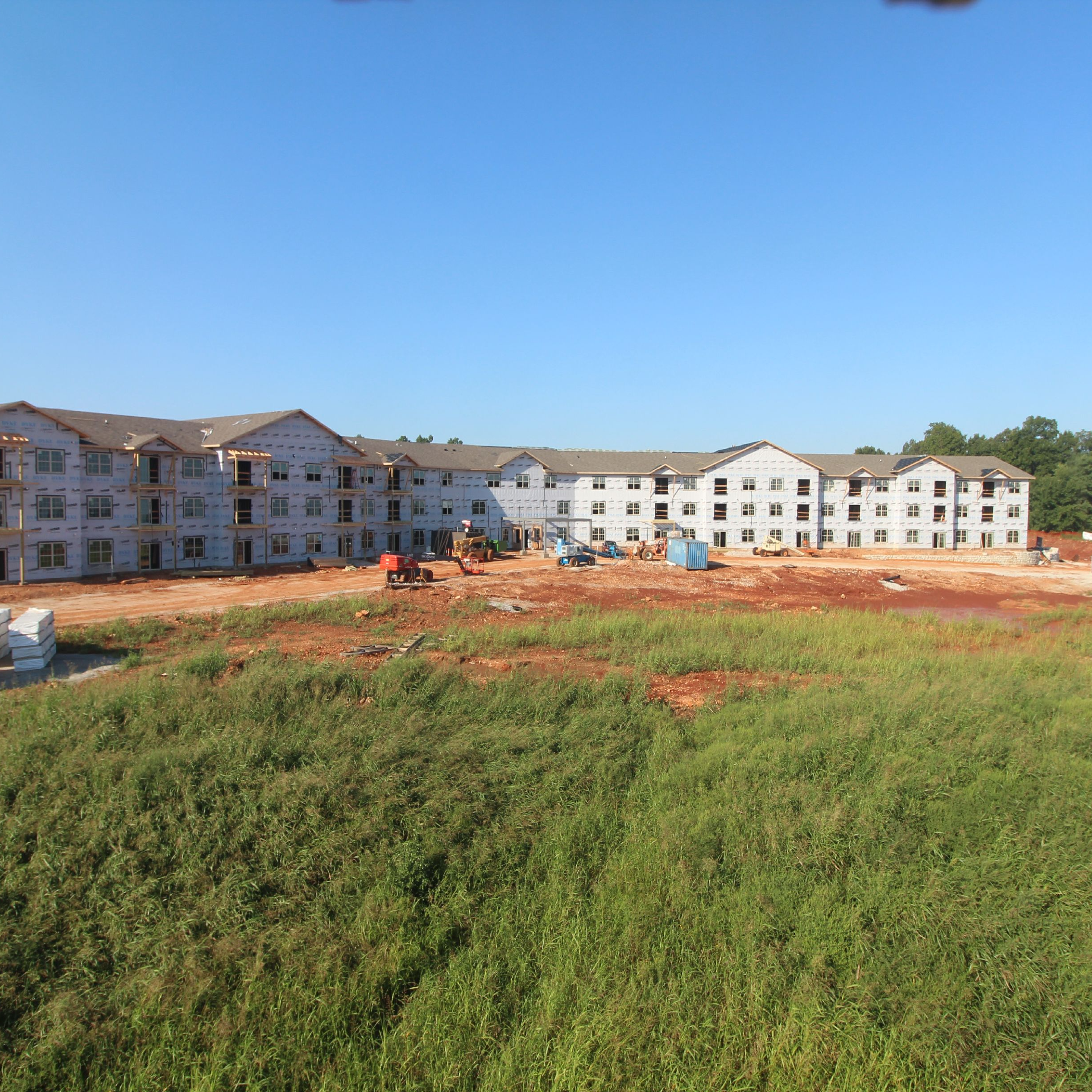
2021 Comprehensive Plan
In 2021, the City of Battlefield collaborated with Southwest Missouri Council of Governments (SMCOG) to update the City’s 2002 Comprehensive Plan. The Comprehensive Plan serves as an official guide for the community’s future growth, land use and developments. Missouri State Statutes require that zoning regulations “shall be made in accordance with a comprehensive plan.” This is a collaboration effort between citizens and local government. Our policy and decisions should be consistent with our adopted plan. This plan established goals and objectives that will assist the community in future growth.
2023 Economic & Housing Analysis Study
A report was conducted by CMT Engineers which projected that over the next 5 years, the City of Battlefield will grow at an annual rate of 5% through 2027. In order to rise to these future housing and sewer challenges, the report suggests the City consider the economic trends, employment trends, housing/zoning ordinances, and the geography of and around the Battlefield Area. All four City Boards (Board of Aldermen, Planning & Zoning Board, Economic Development Commission Board & the Advisory Park Board), the Mayor, and representatives from the Battlefield Fire District and Police Department all met on 05/02/2023 for a presentation by CMT Engineers.
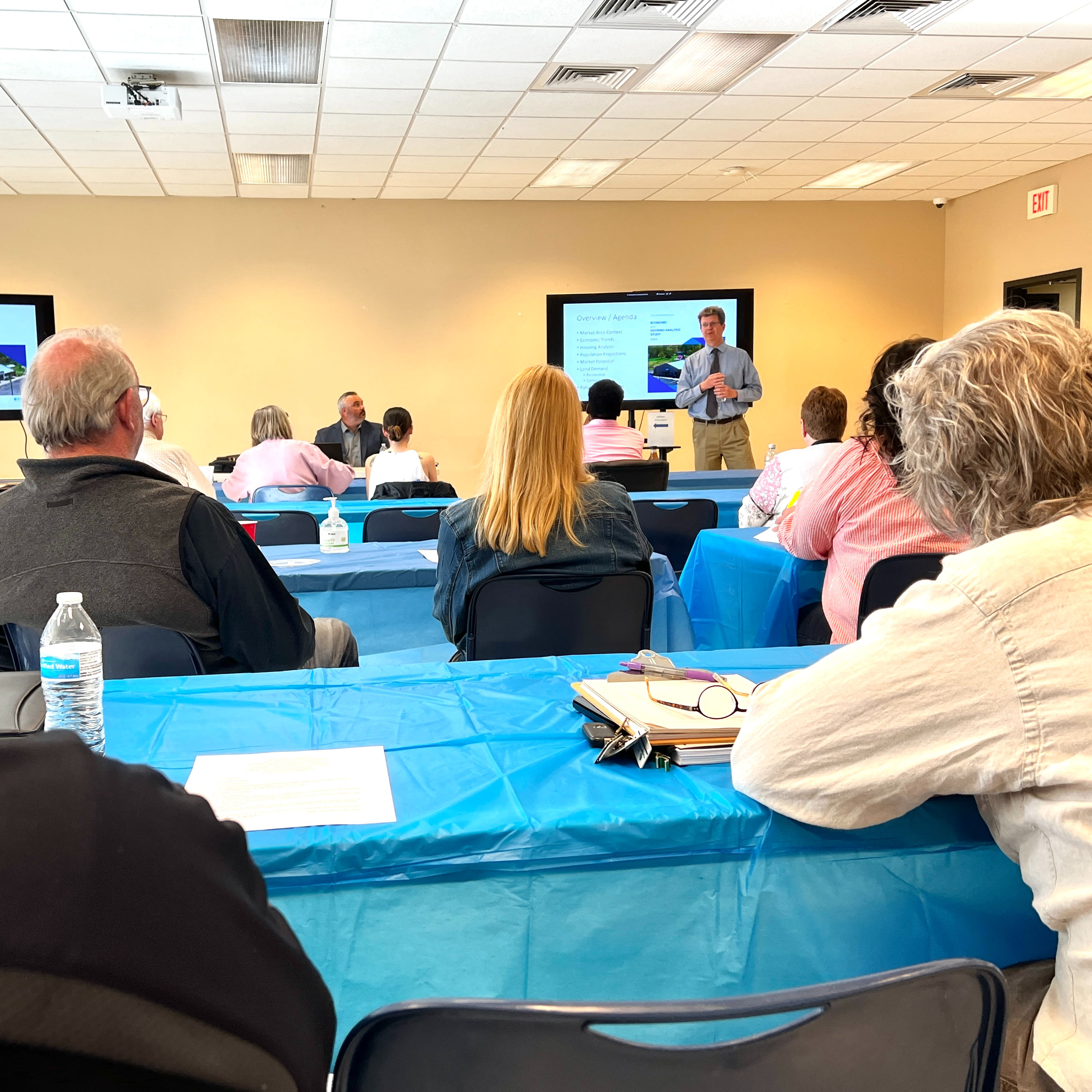
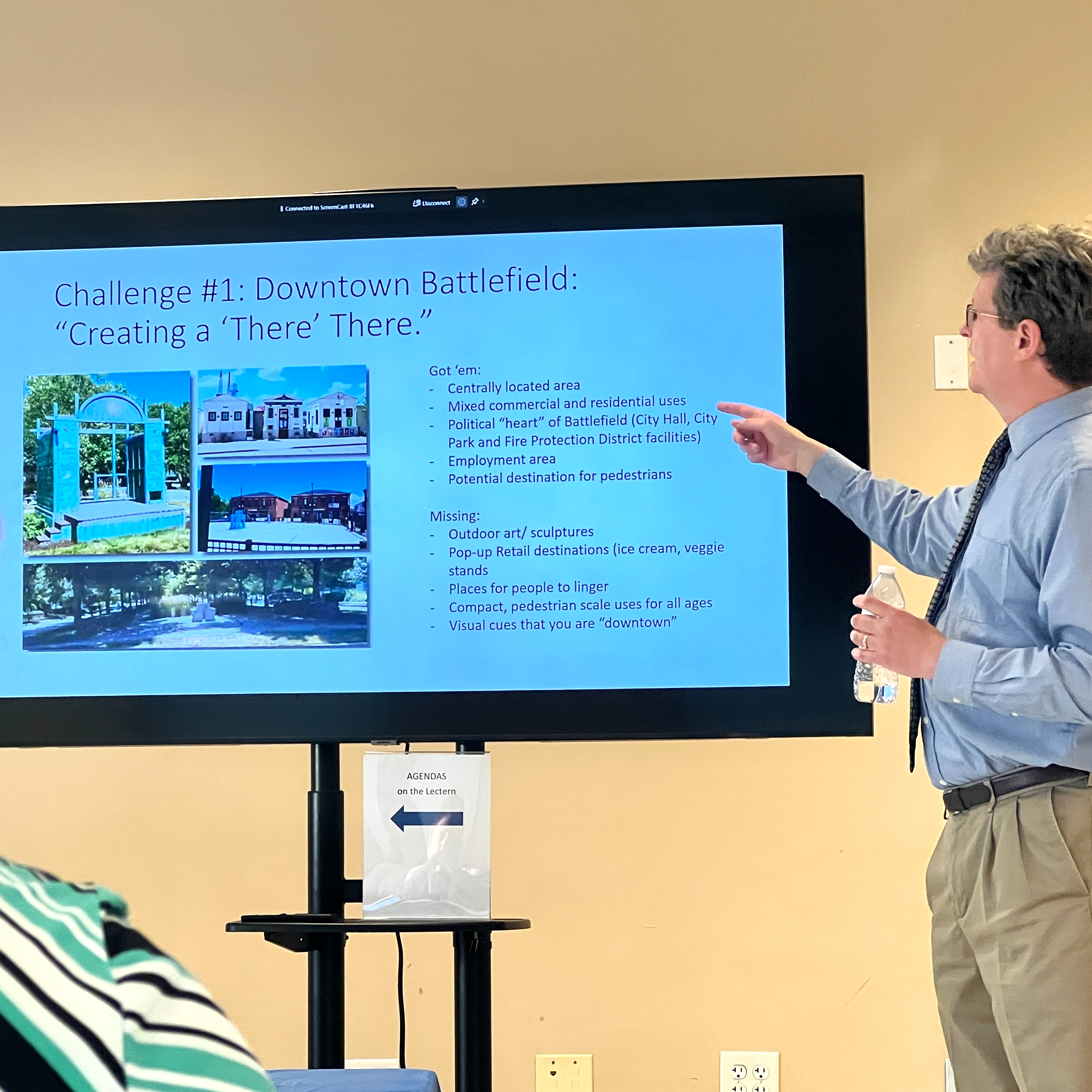
2023 Route FF Corridor Study
This study, conducted by the Ozarks Transportation Organization, MoDOT, and CMT Engineers, worked to develop a vision for Route FF that can respond to regional growth trends, and focus on the corridor as a community asset. A public informational meeting was held at the City's Community Center on 01/24/2023.
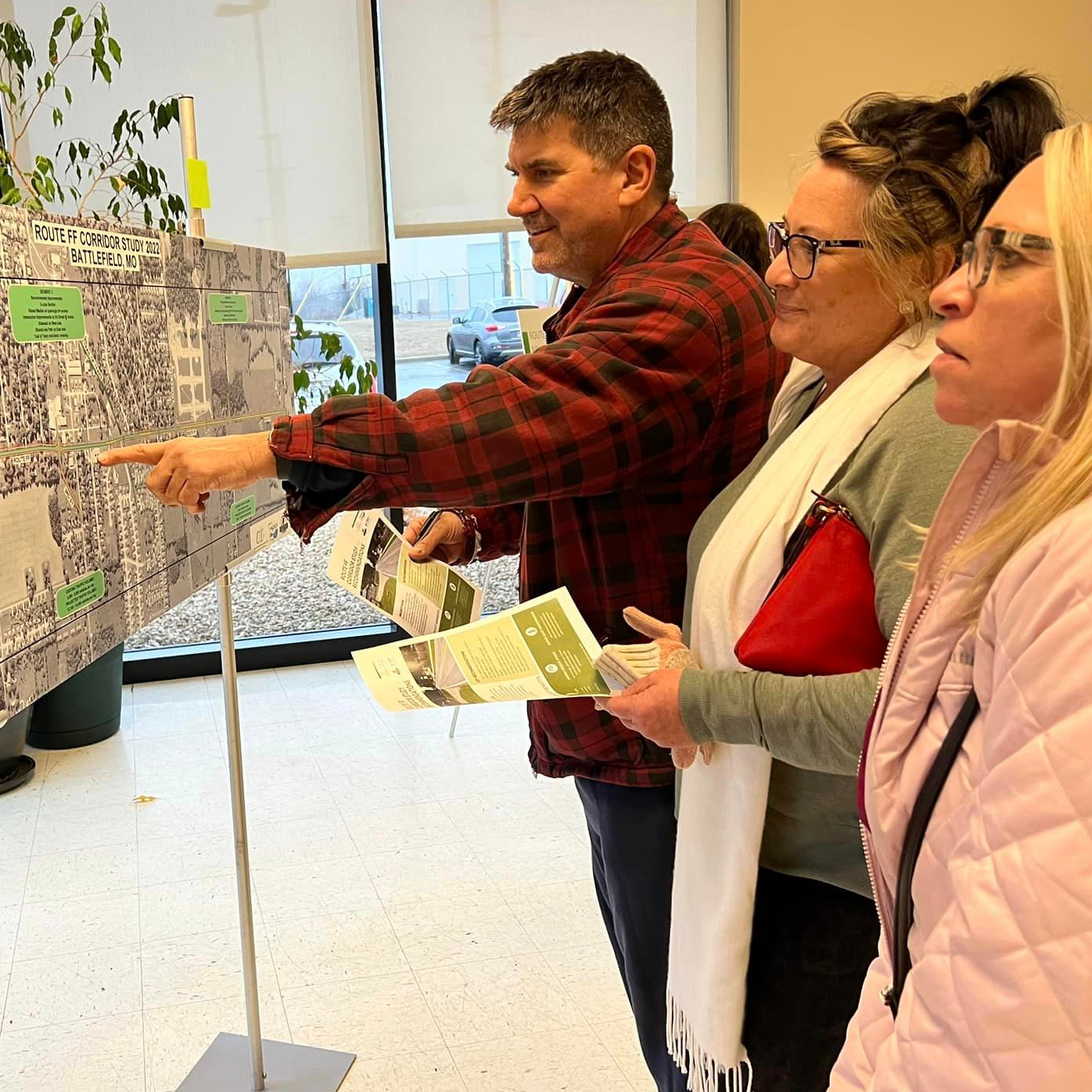
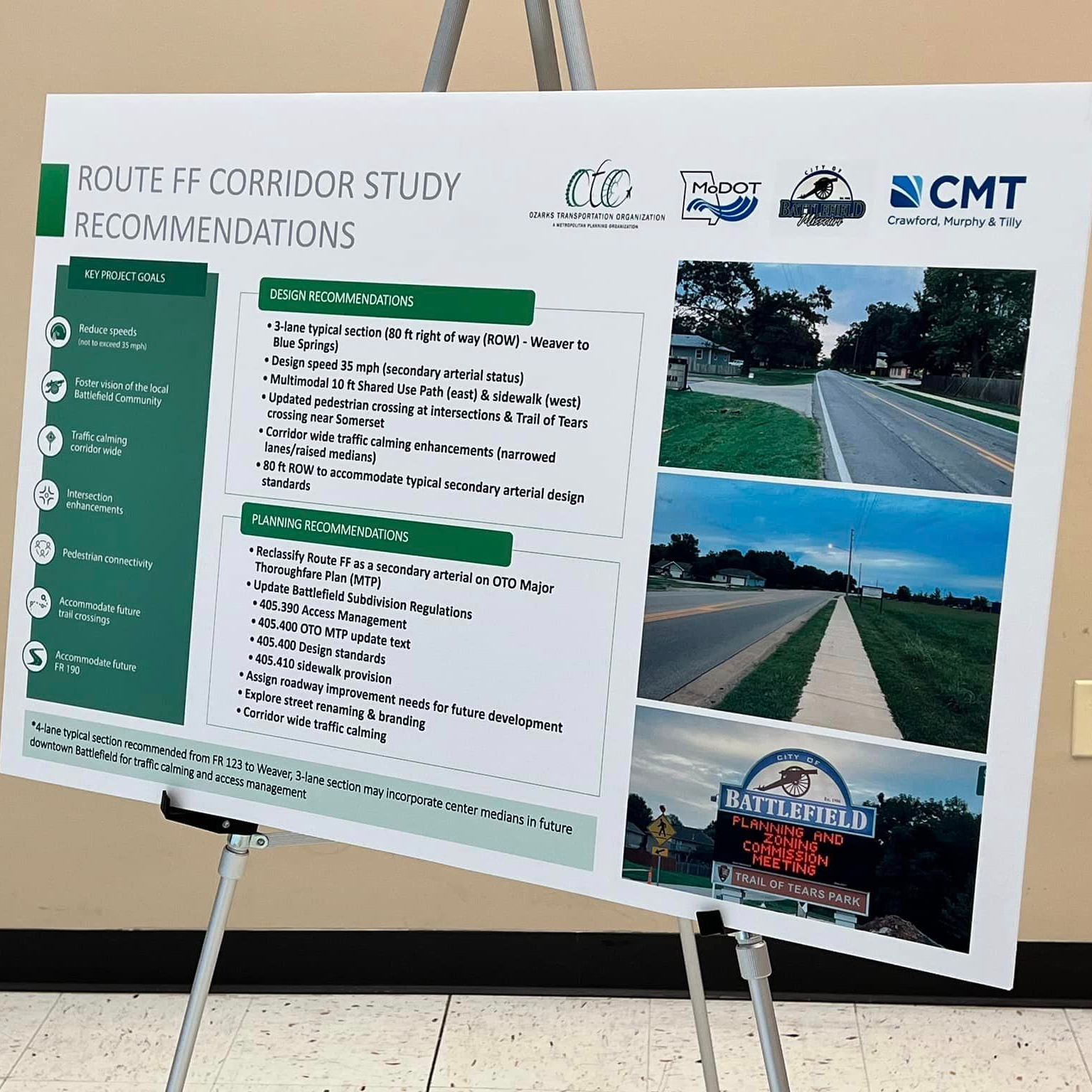
2023 COB Sanitary Sewer Study
The purpose of this report was to analyze the existing wastewater collection and conveyances system, estimate sewer usage over the next thirty (30) years, recommend capital improvements based on the system's conditions, projected population trends, and also to evaluate potential sources of stormwater inflow and infiltration in the system to identify necessary repairs. The analysis reviewed the collection system inventory, lift station inventory, and capacity for growth of the collection system under the current wastewater treatment agreement between Battlefield and Springfield. A financial evaluation of the system was also performed to verify the City's funding capabilities of proposed improvements and system maintenance.
